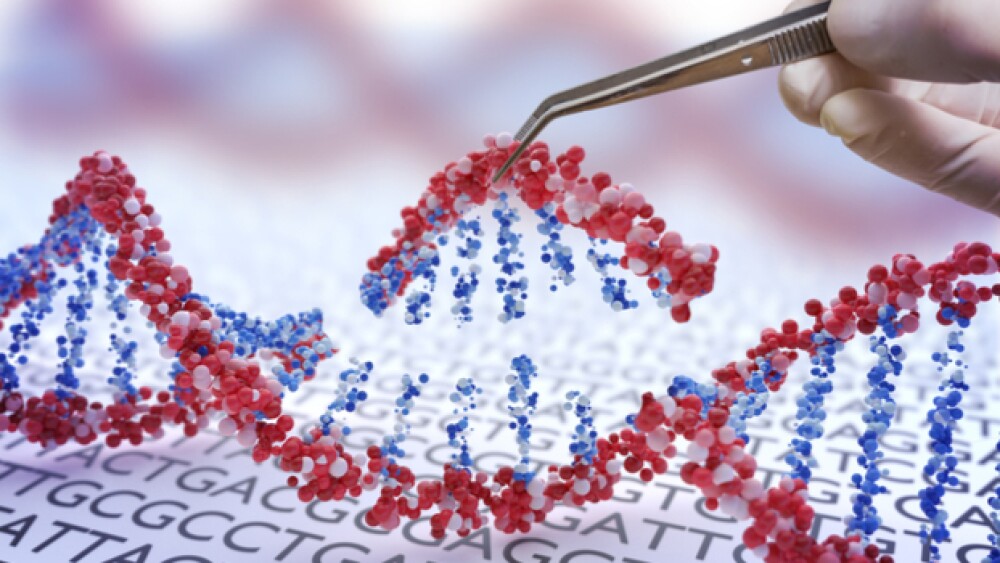Using gene therapy to edit embryos, sperm or eggs in order to improve health conditions in a child should not be conducted due to the unreliability of the science, as well as due to significant ethical and moral concerns.Those are the words found in new guidance established this week.
Using gene therapy to edit embryos, sperm or eggs in order to improve health conditions in a child should not be conducted due to the unreliability of the science, as well as due to significant ethical and moral concerns.
Those are the words found in new guidance established this week by a panel of geneticists and other researchers from the National Academy of Medicine, the National Academy of Sciences, The Royal Society, and the International Commission on the Clinical Use of Human Germline Genome Editing. The panel released its new guidance Thursday in the wake of the controversial research conducted by Chinese scientist He Jiankui, who, in 2018, announced to the world he used CRISPR to alter the embryos of seven couples to make them resistant to HIV. Jiankui used the gene-editing technique to disable a gene known as CCR5. The gene creates a protein that allows HIV to enter the cells. The embryos that Jiankui conducted his gene-editing experiment each had a father who has the HIV virus. He was ultimately sentenced to prison for the unsanctioned work.
Jiankui’s announcement was widely criticized over the ethical and moral implications of the research he conducted. His work was called unethical and “monstrous.” The criticism prompted the gene-editing community to adopt more stringent guidelines for the work that should currently be undertaken. In no uncertain terms, the new guidance prohibits the use of gene editing to be used on the unborn.
“Human embryos whose genomes have been edited should not be used to create a pregnancy until it is established that precise genomic changes can be made reliably and without introducing undesired changes,” the panel wrote.
Richard Lifton, president of Rockefeller University in New York City and a co-chair of the commission, told Nature the CRISPR technology is currently not ready to be safely and successfully used to conduct these kinds of experiments. While editing embryos could prevent a number of devastating genetic diseases in children, the current landscape is not the right time for it, Lifton said. The new report suggests an international committee should be formed in order to keep abreast of advances in the technology and could provide new guidance to regulatory groups and others on its safety and utility, Nature reported.
One of the key concerns about editing embryos is the potential for unknown effects that could manifest years down the road, or even in future generations born to the gene-altered child. Following Jiankui’s experiments, a neurologist said the children who had been genetically altered before birth, could alter their brain functions. Her suggestion was based on mouse models. Although the mice became more intelligent than their peers, Alcino J. Silva, a neurobiologist at the University of California, said “we simply don’t know what the consequences will be in mucking around with humans.”
When the world is ready, the new report suggests that the use of CRISPR in embryonic research be limited to some of the most serious and devastating diseases that are caused by DNA variants in a single gene that could lead to premature death. Diseases included in this category include Tay-Sachs, muscular dystrophy and cystic fibrosis. Even then, caution is urged and oversight is recommended.
“The report lays out very, very well just how rare it’s going to be that people actually need to access heritable human genome editing,” Jackie Leach Scully, a bioethicist at the University of New South Wales in Sydney, Australia told Nature.
Another report from a separate panel established by the World Health Organization is expected to come out later this year. Recommendations from that report will be aimed at ethics and governance. That advisory committee was formed following concerns raised about Jiankui’s experiment.





